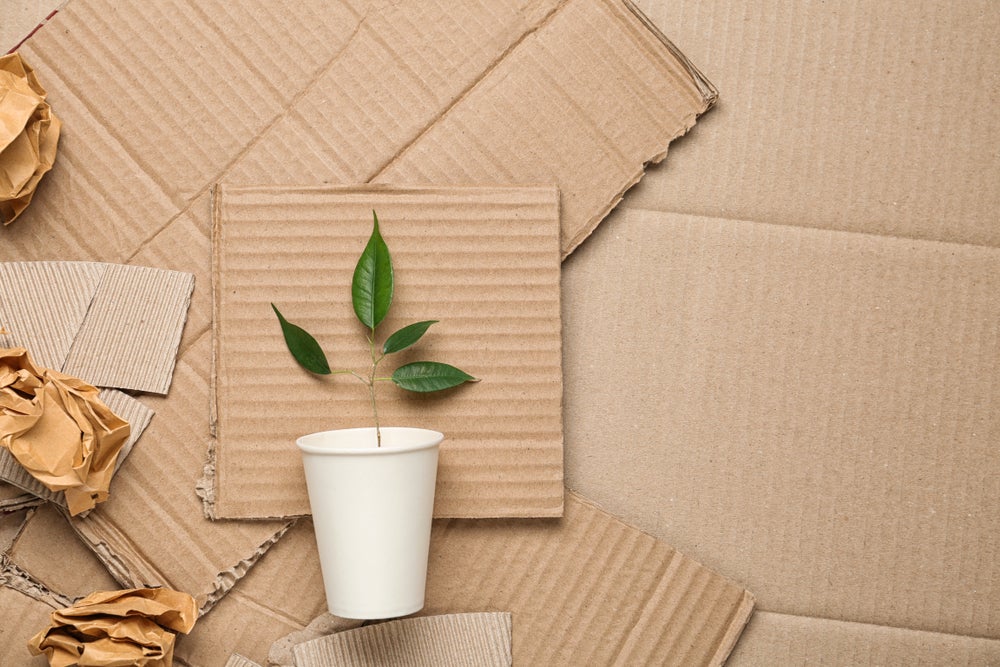
In mid-2021, the Bio-Based & Biodegradable Industries Association (BBIA) conducted a series of ‘vox pops’ with consumers in the UK. The results make for uncomfortable viewing for packaging providers.
There is clear confusion among consumers with the current labelling system for plastic packaging. All respondents claimed that the logos aren’t clear enough, with the majority suggesting that they lack the information they need when it comes to disposing of the packaging.
Whilst the ‘recyclable’ and ‘no littering’ symbols are well recognised, with over 90% correctly identifying them, only 10% of those asked were able to name the compostable label.
Consumers’ understanding of relevant terminology was also mixed. The majority of those interviewed had a clear view of what ‘compostable’ means, despite failing to correctly identify the label. However, when questioned on what should be done with compostable packaging after use, half of them were unsure.
The interviews suggest that the concept of plant-based plastics is even less familiar to the general public. Almost no one could successfully describe what ‘bioplastic’ means, although some recognise that the concept sounds positive.
Most of the consumers who were interviewed are making a conscious effort to embrace sustainability in their shopping habits, with 65% saying they’d be put off buying a product if the packaging wasn’t environmentally-friendly. Most people also claim they would pay more for sustainable packaging.
There are limits, however, to how far they’re willing to go in order to adopt a more sustainable approach. For example, some shoppers note they would only pay a small amount extra for eco-friendly packaging. Others claim they would need clear assurance of what ‘good’ the packaging is doing before parting with any additional cash.
Whilst most respondents are attempting to make more sustainable choices, 100% agree that they could do more to live in an environmentally friendly way, citing cost, time and inspiration as the main barriers to making these changes.
Consumers also suggest that more consistent and clear information is needed to help guide their decisions.
Currently, Google, Greenpeace and the Government website are the sources most commonly relied on for information on packaging, plastics and sustainable alternatives. However, consumers believe that organisations including the Government, the media and packaging companies themselves should be doing more to educate shoppers, with a number suggesting that the responsibility shouldn’t lie with consumers themselves.
“This research provides valuable insight into people’s attitudes to packaging and the challenges facing consumers today,” said the coordinator of the BBIA’s ‘Usable Packaging’ project, Prof José Maria Lagarón.
“The public are keen to try to do their bit when it comes to the environment. However, it needs to be quick and easy, with many believing that the primary responsibility lies with the Government to enable this change.
“Clearly, more needs to be done and this only reinforces the commitment of all partners in the ‘Usable Packaging’ project to create truly sustainable packaging solutions for the future.”
The survey was conducted in London in June, 2021.



